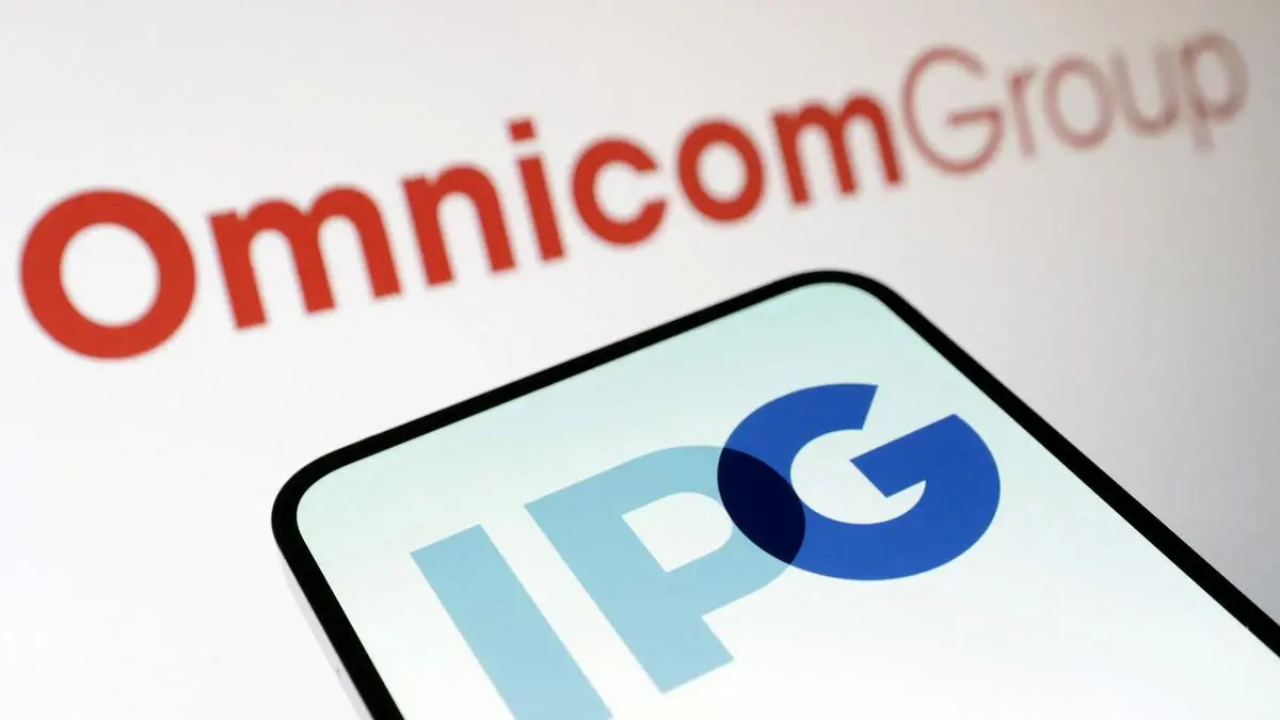FTC considers restriction on political ad boycotts in Omnicom-IPG Deal

The United States Federal Trade Commission (FTC) is reportedly considering imposing conditions on the proposed merger between advertising giants Omnicom Group and Interpublic Group, including a measure that would bar the combined company from refusing to run advertisements based on political content, according to a source familiar with the matter.
The $13.25 billion all-stock merger, announced in December 2024, would create the world’s largest advertising agency with annual revenues exceeding $25 billion based on 2023 figures. The deal is still under regulatory review and has not yet been finalised.
According to reports, the FTC is weighing a settlement provision that would prevent the post-merger entity from boycotting advertisements on certain platforms due to the political nature of the content. The measure is reportedly intended to address concerns about potential bias or viewpoint discrimination in ad placements, an issue that has garnered increasing attention from Republican lawmakers and the Trump administration.
Neither Omnicom nor Interpublic has commented on the potential conditions. The New York Times was first to report on the possible FTC stipulation.
The FTC, along with the Federal Communications Commission, has been leading efforts under the current administration to examine what is perceived as ideological bias in corporate practices, particularly against conservative viewpoints. FTC Chair Andrew Ferguson has previously stated that coordinated advertiser boycotts could violate antitrust laws, as they may constitute unlawful group refusals to do business, which can restrict competition.
As part of a broader inquiry, the FTC has reportedly requested information from several major advertising and advocacy firms to investigate whether there has been collusion in boycotting specific digital platforms.
In recent years, political content and content moderation have emerged as flashpoints in the advertising sector. Following Elon Musk’s acquisition of the social media platform X (formerly Twitter) in 2022, several brands pulled ad spending over concerns about harmful or misleading content, prompting debates around advertiser responsibility and political bias.
In March, a group of US senators, including Cory Booker and Elizabeth Warren, urged regulators to ensure that the merger review process remained independent, citing concerns that Musk’s temporary role in the Trump administration could influence the outcome. Musk stepped down from his government position in May.
If approved, the Omnicom–Interpublic merger would result in a global advertising conglomerate capable of challenging major players such as WPP and Publicis. Omnicom has indicated that it expects the acquisition to close in the second half of 2025, pending regulatory clearance.
The FTC has not issued a formal statement regarding the matter, and discussions are understood to be ongoing.
News